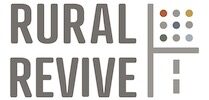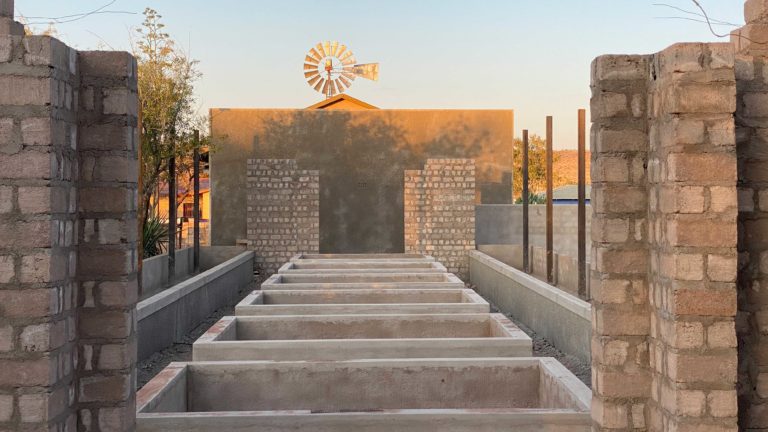
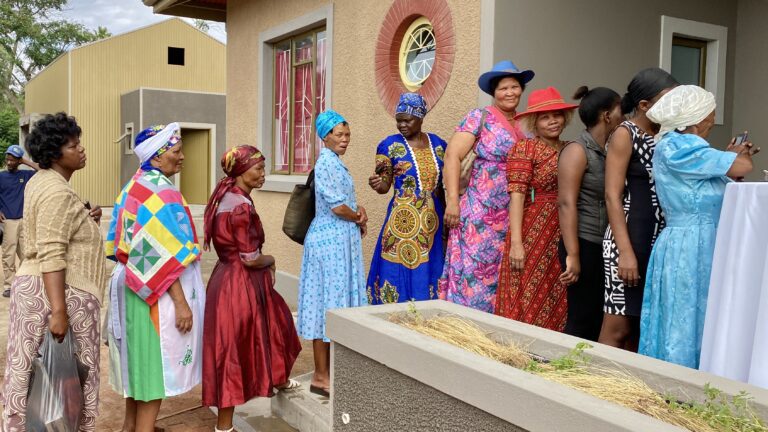
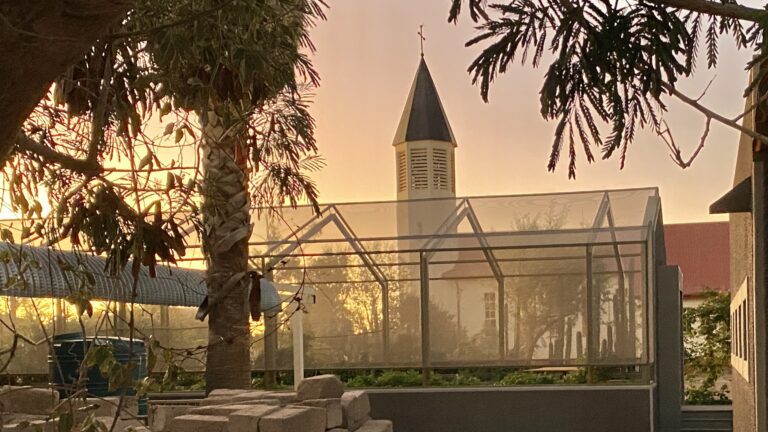
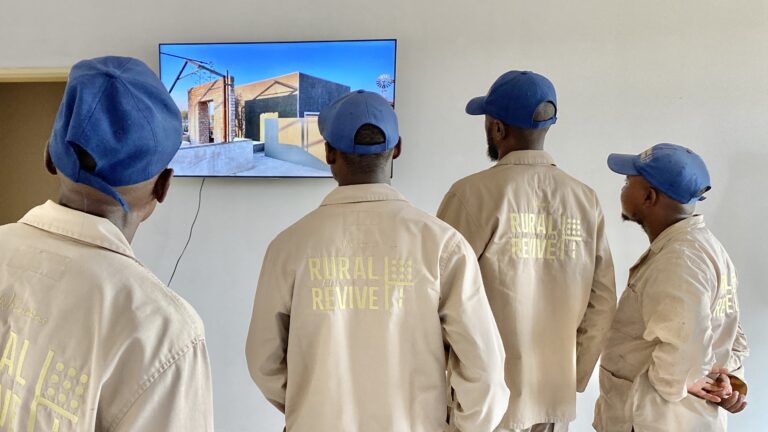
Circular Economy
A Circular Economy, as its name suggests, works like a closed loop. It mimics nature whereby nothing goes to waste, but rather everything becomes a resource to create something else. Its opposite is referred to as the Linear Economy, which works like a straight line: resources are extracted, used, and disposed of. In order to create something in the linear economy, we continually need to bring in more resources. In a world of limited resources, however, this is simply not sustainable; it can’t last.
Let’s compare that with how nature – or a Circular Economy – works. Think of a forest: trees provide habitat for countless creatures, fruit and nectar for birds and bees, burrowing spaces for insects and so much more. When one of the trees dies, is that it? Do we bring in new trees? No, of course not. The tree starts to break down (or rot) and, as it does so, provides habitat for different creatures. Lichen and then moss might start to grow on the tree, and from that a plant may sprout. Perhaps even the seedling of a tree… That tree will grow to provide habitat for countless creatures, fruit and nectar for birds and bees, burrowing spaces for insects…. And so on. Forever.
Do you see the circular nature of how that works? Well, a circular economy attempts to work in much the same way. Things that we use and would normally discard as trash are rather kept within the system (or economy), becoming resources for something entirely new. What can become of a discarded glass jar at the landfill site, for example? Or even the livestock manure in the fields of our surrounding farmlands? Perhaps glass jars can be cleaned and then used to store homemade preserves to sell at The Barn. And the discards of our local livestock can provide essential resource inputs for compost, which forms the foundation for healthy food production – how perfect for the horticulture training and backyard farming program!
Creating a collective awareness of the potential for this kind of circularity within the economy of Maltahöhe is at the core of the RuralRevive project. If we can start to see the value and utility in materials that would normally be tossed aside as trash, never used again, or simply ignored, we can unlock circular economy opportunities and embark on a more sustainable path. By challenging ourselves to see the hidden potential in each discarded object, we will begin to create a new reality, one in which our focus as a community creates cleaner, healthier places to live.
